Guarding sharks in Ghana
Issah is gathering as much information as he can about sharks and rays along Ghana’s coast. He hopes to build capacity for 10 local volunteers to support the long-term collection of shark and ray data in the country, and will pilot alternative livelihood options with fishers. Using data on the ecology, catch composition, trade dynamics and socio-economics of sharks and rays, Issah will help to devise conservation strategies that focus on guitarfish and shark-like rays.
I am the founder and team leader of AquaLife Conservancy, a Ghana-based not for profit NGO dedicated to the research and conservation of marine and freshwater biodiversity. My current role at AquaLife Conservancy is to spearhead the research and conservation of sharks and rays in Ghana. I am leveraging the platforms AquaLife Conservancy has provided to train local volunteers and students to be champions of ocean conservation. In recent times, we have shown six students how to identify and monitor sharks and rays and how to conduct sampling protocols, and have tasked three of them to collect fisheries...
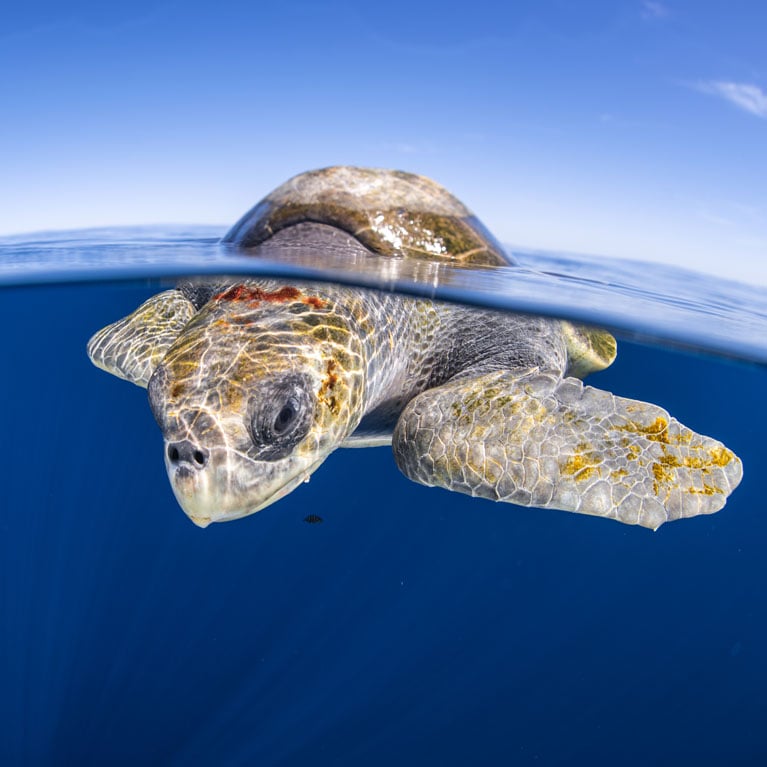
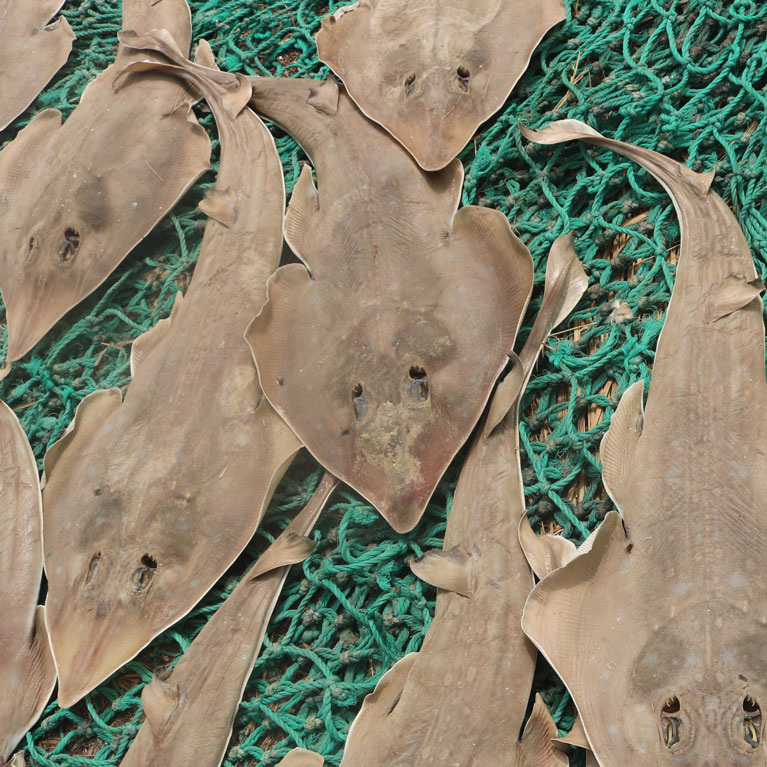
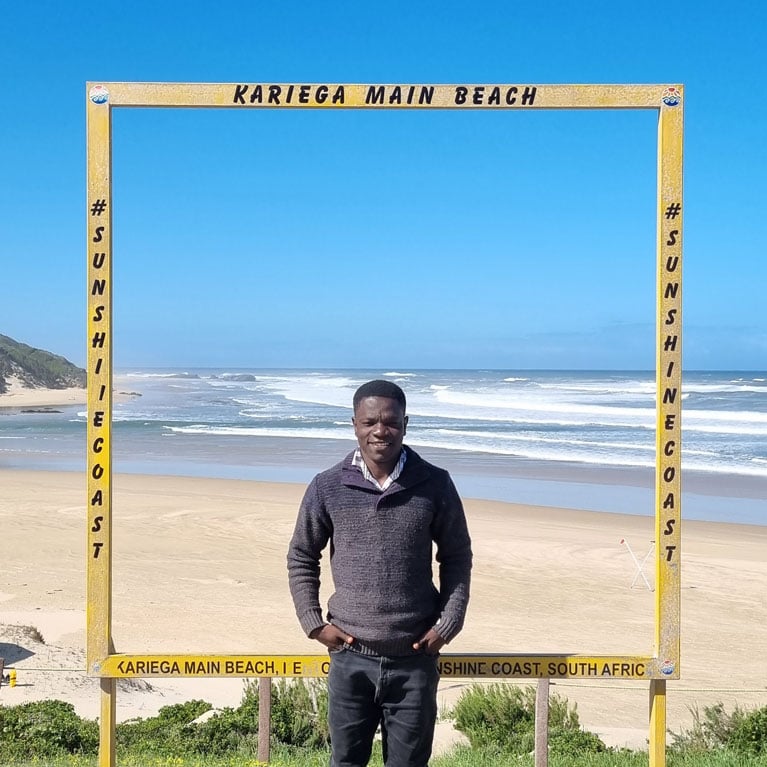
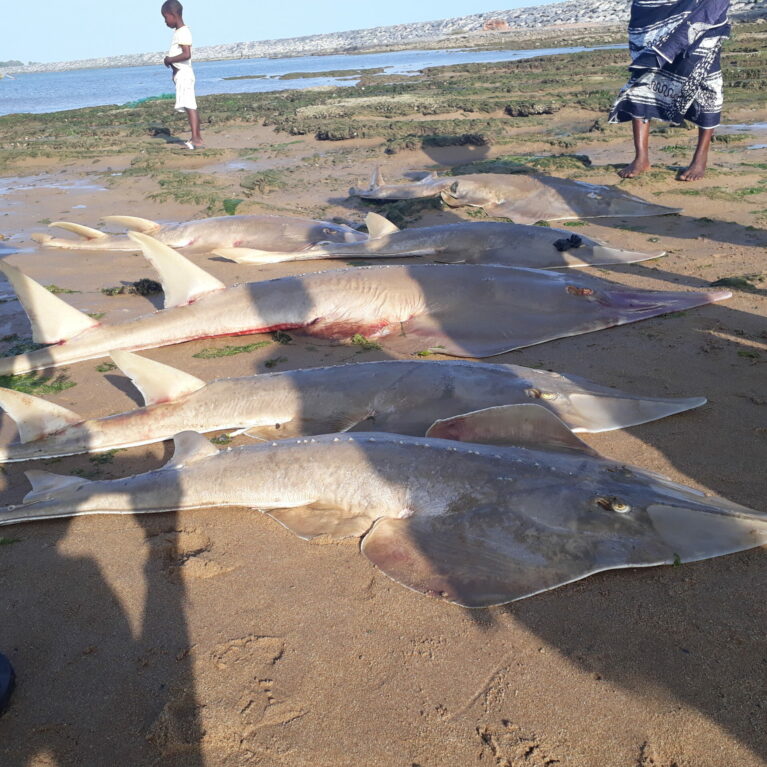
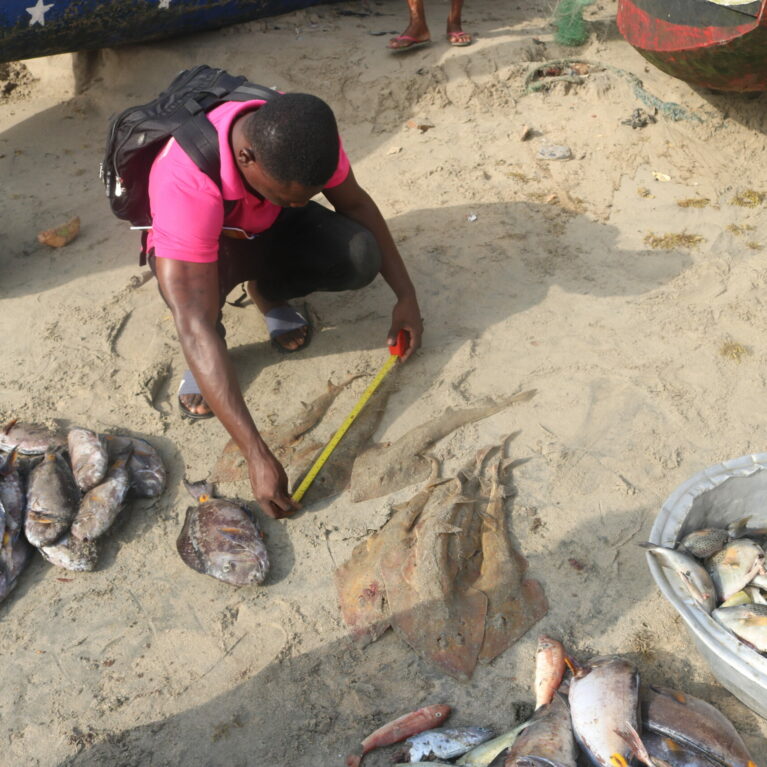
Saving Ghana’s remnant shark-like rays
The project seeks to provide comprehensive data on elasmobranchs and further develop pragmatic conservation strategies to safeguard the shark-like rays most at risk in Ghana.
Guitarfish, wedgefish and sawfish, referred as shark-like rays, are among the most threatened groups of marine fishes. Their lucrative white fins are relatively expensive in the international market and are among the major drivers for the over-exploitation of these species across West Africa. Further, key baseline information needed to devise pragmatic conservation strategies and to take critical management decisions to safeguard these species is virtually non-existent across West Africa, including Ghana.
Although shark-like rays, which include guitarfish, wedgefish and sawfish, are still an important component of fisheries in West Africa, their presence and status across their range in the subregion, including in Ghana, are poorly studied. This lack of empirical data impedes the development of pragmatic conservation strategies to protect these species. To tackle this data deficiency in Ghana, in our previous project supported by the Save Our Seas Foundation (‘Status and conservation of shark-like rays in Ghana’), we conducted landing site and market surveys on catches of sharks and rays in nine coastal communities along the country’s west coast. The results indicated that four main guitarfish species (spineback, whitespotted, blackchin and common, which are all listed as Evolutionarily Distinct and Critically Endangered) are frequently targeted and comprise a considerable component of overall elasmobranch landings in these communities. In addition, a systematic survey of fishers’ ecological knowledge along the western coast of Ghana suggested that sawfish have not been observed or caught in Ghanaian waters for decades, and that there has been a remarkable reduction in catches of guitarfish and wedgefish.
Our project also established that the semi-industrial fishery and migrant fishers are significant actors in the guitarfish fishery. The migrant fishers move through various coastal communities in Togo, Benin, Ivory Coast and Nigeria, targeting large rhino rays to supply fins to the international market and to sell the meat for local consumption. The proposed project will tie in with our previous efforts to collect fisheries data about elasmobranchs in areas previously not explored along the central and eastern coasts of Ghana. We will continue our community engagements in an effort to garner support for the conservation of shark-like rays and other elasmobranch species.
The project aims to devise pragmatic strategies to support the conservation of shark-like rays in Ghana. This will be achieved by:
- Providing comprehensive data on the ecology, catch composition, biology and socio-economic and trade dynamics of elasmobranchs, with a focus on guitarfish, by means of landing surveys, DNA sampling, science-based interviews and fisher-independent sampling protocols.
- Building the capacity of 10 local volunteers to support the long-term collection of data on elasmobranchs in Ghana.
- Piloting alternative livelihood options with fishers, with the intention of garnering their support for the conservation of shark-like rays in Ghana.
- Conducting elasmobranch conservation awareness and outreach programmes and devising additional conservation strategies for shark-like rays.

